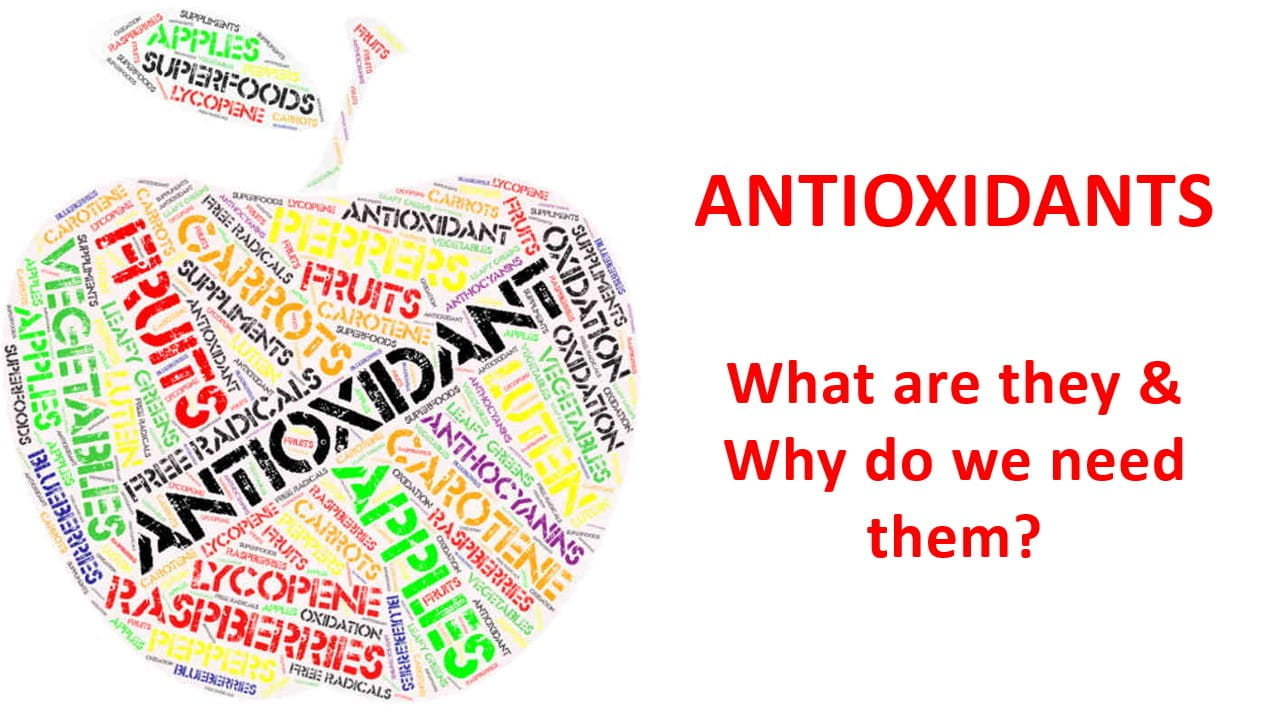Study Question: What are the psychosocial and behavioral consequences of anti-Müllerian hormone (AMH) testing in women without a history of infertility?
Summary Answer: AMH testing influenced emotional well-being and reproductive choices; women who perceived their AMH as “low” experienced greater emotional distress, regret, and altered behavioral changes.
What Is Known Already:
AMH is a marker of ovarian reserve but not a predictor of natural fertility. Nonetheless, many women undergo AMH testing outside of infertility contexts, often without proper counseling, leading to potential anxiety and inappropriate reproductive decisions.
Study Design, Size, Duration:
- Design: Cross-sectional, anonymous online survey
- Sample: 251 women
- Duration: Testing occurred within the past 5 years
- Participants:
- Women aged 18–55 with no history of infertility
- Recruited via social media and women’s health organizations
- Survey evaluated:
- Emotional response to AMH result
- Reproductive decision-making
- Understanding of AMH
- Healthcare provider interactions
Main Results:
- Mean age: 36 years; mean AMH test age: 33 years
- Top reasons for testing: Considering pregnancy soon (29%), curiosity (19%)
- 94% knew AMH measures ovarian reserve; 20% mistakenly thought it reflects fertility
- 47% perceived their AMH as low, which was associated with:
- Higher emotional distress (p < 0.001)
- Greater regret (p = 0.038)
- Accelerated conception plans, elective egg freezing, or considering fertility treatment (all p < 0.001)
Limitations: Self-reported data may introduce recall bias; sample may not generalize to all women undergoing AMH testing due to voluntary online participation.
Wider Implications: The findings raise ethical concerns about the use of AMH testing in women without infertility, highlighting the need for better education and counseling to prevent emotional harm and unnecessary medical interventions.
ESHRE 2025, June 29 - July 2, Paris




